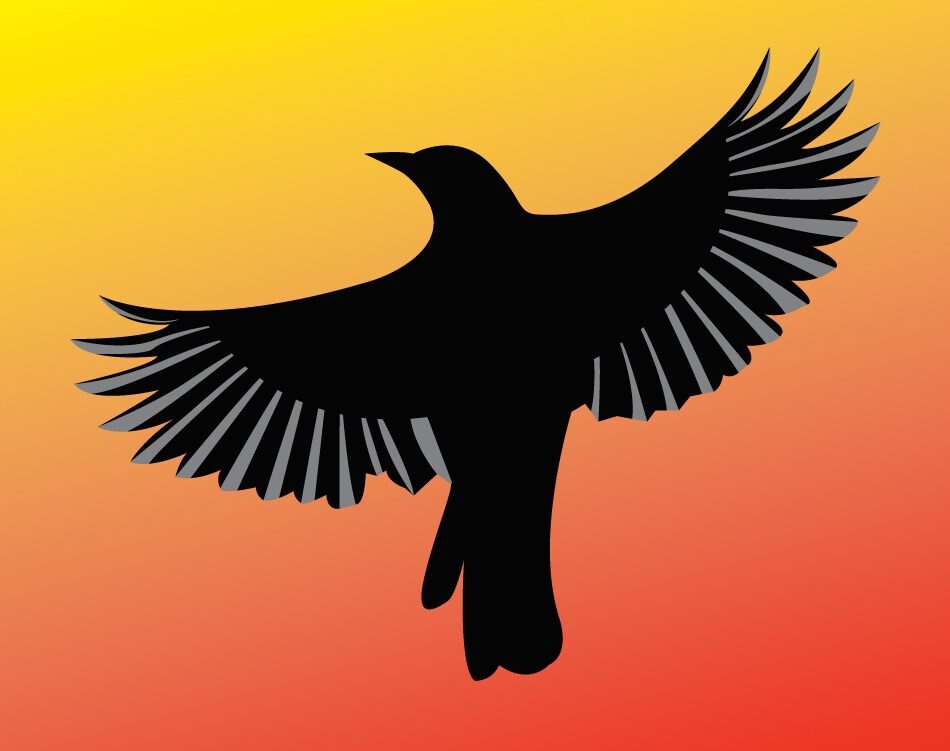Small Gods Interview with Mary Jo Rabe on “The Gods of the Black Forest”
Mary Jo Rabe’s “The Gods of the Black Forest” appears in Small Gods, book 6 in the Blaze Ward Presents anthology series. Excerpt Dobel, the disgruntled god of the Hohfelsendobelbach brook had had enough. He might only be a minor god, but he didn’t have to endure every unpleasantness his environment had to offer. The…
